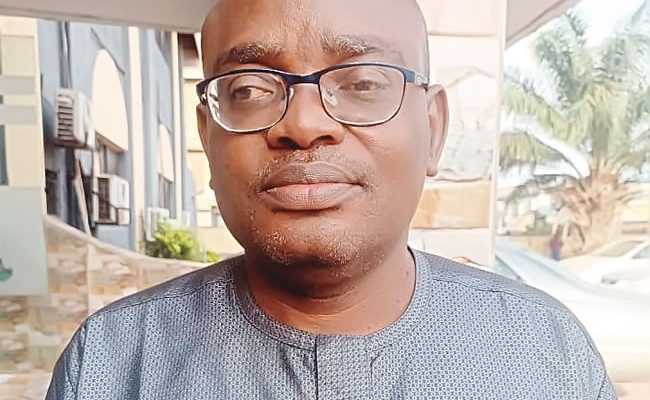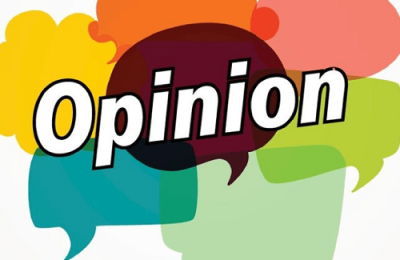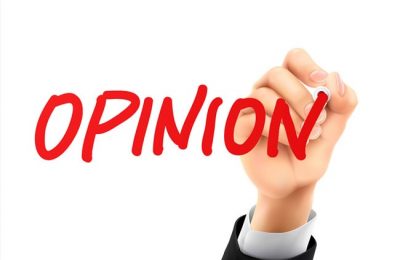
The status of Tribune editorials has an integral link with the mission statement of the paper during its rollout on November 16, 1949, wherein the founder, Chief Obafemi Awolowo, had described the paper as “A tongue and a pen that will care less of what the opponents might say, they might feel and will have enough courage to call hypocrisy, humbug, and tyranny by their true names. Such a tongue, such a pen, will mortify the proud and provoke despotism to repent its ways.” In November 1949, barely a week old, the Tribune wrote an editorial denouncing the Enugu colliery incident in which the police had killed protesting coal miners. It deplored “ the beastly, outrageous and dastardly conduct of the police”, saying that “the great sacrifice paid by the unfortunate miners shall be a monument of man’s struggle for unfettered and just living and shall spur us in our fight for freedom.”
Across the Nigerian landscape today, Nigerian Tribune’s editorials are known for their unique insights, their blend of facts and figures, and the sheer excellence of their presentation, language and bite. In the last few years, it has been rare to see the Nigerian Tribune missing out on the nomination for the Prize for Editorial Writing, whether at the Nigerian Media Merit Awards or the Diamond Award for Media Excellence, the two biggest media awards in Nigeria. The Nigerian Tribune is, in fact, the current NMMA title holder, and it’s all down to the quality of its craft.

From the 40s-50s, Tribune editorials championed the cause of independence. In the editorials, ‘Positive nationalism’ (December 10, 1949) and ‹Non violence, non-corporation (December 12, 1949), among others, Tribune editorials denounced colonialism. ‘Logic of colonial rule’ (November 23, 1949) attacked the colour bar, and “Let us tell them so” (June 21, 1950) called on Nigerians to tell “all the heads of government departments, right from Sir John Stuart Macpherson, down to his incompetent subordinates to resign now, we have no confidence in the present administration.” In ‘Who gets how much’ (June 12, 1950), Tribune argued that each region in Nigeria must be allowed to keep the fruits of its labour while contributing to the central till in proportion to its earnings, a stand the paper is known for even today. On November 16, 1950, Chief SLA Akintola, later Premier of the Western Region, said of the Tribune: “The Nigerian Tribune is combative but rational, nationalistic but not rabid, intelligent but not timid, courageous but dignified. The Tribune is the very quintessence of its founder, Mr Obafemi Awolowo.”
Through its biting, no-nonsense editorials, Tribune navigated the political turmoil of the 60s, particularly 1962-66, with courage and conviction, charting a positive path forward for the Nigerian society. For instance, a Tribune editorial forced the Western Region government to withdraw the “increases in assumed local contributions” in secondary schools in the face of the big allowances of ministers, in January 1962. On December 31, 1964, the editorial page declared with gusto: “The Nigerian Tribune is dedicated to the cause of building a just society. We will not hesitate to uphold the right of the people or revolt against the tyranny of the minority or the imposition of an unpopular government on them.” That is the vow even today in November 2024.
Remarkably, being off the stands from March 16-May 19, 1963 didn’t dampen the fierce and critical spirit of Tribune editorials. Among many others, the editorial published on January 4, 1965, and titled “Nigeria in very grave danger: Whither Abubakar?” rattled the establishment to no end and, among other acts of sabotage, the Tribune’s premises was burnt in November 1965, and it took a military decree in January 1966 to stop the assaults on the newspaper. Yet, the Tribune did not shy away from denouncing military edicts prohibiting press freedom in the ensuing decades, from the 70s-90s, even while backing certain actions of the various regimes that the paper considered right, fair and just. Before the Second Republic eventually came in 1979 with the handing over of power to President Shehu Shagari, the Tribune editorials had consistently called for the return to civil rule by 1976. For instance, on December 28, 1973, Tribune declared: “With the end of the census, it is appropriate that the necessary machinery for returning Nigeria to democratic government be put in place.”
From the 80s to 1999 when the current republic emerged, Tribune editorials sustained its magisterial role as Nigeria’s primary and quintessential comments, and many accomplished practitioners associated with other national newspapers have expressed their deep appreciation for Tribune editorials, as have members of the Nigerian academia and the military establishment, with the then President Ibrahim Babangida famously saying that of all the things he read in Nigerian newspapers, he would only take seriously, the Tribune’s editorial column.
READ ALSO: Police reject N174m bribe, arrest suspected internet fraudster in Lagos








